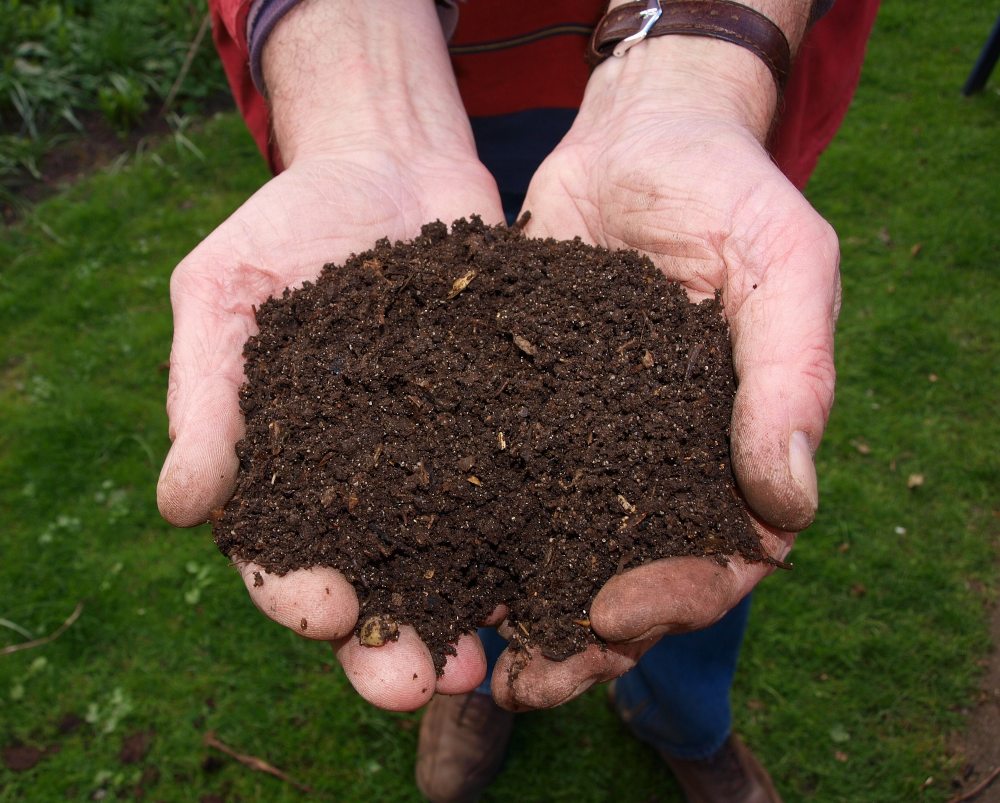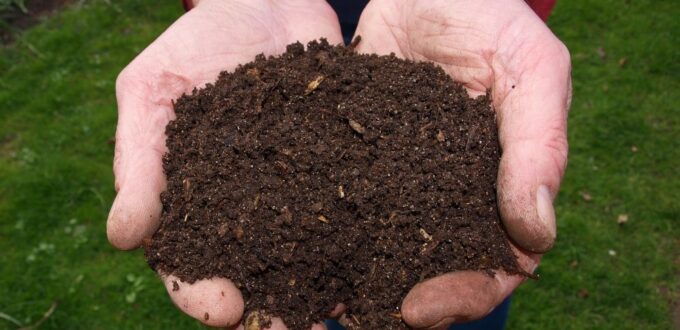
How Byron Bay startup Subpod turned food scraps into a $16.4 million business
Byron Bay-based Subpod has completed a hefty $800,000 equity raise after a bonza year for the composting technology startup that saw more than $6 million in sales across 26 countries, with operating profit soaring over 200% in the last 12 months.
The three-in-one modular compost system, worm farm and garden seat spent years in the development phase before hitting the market just three years ago in 2019. Fast forward to 2022 and Subpod has clocked more than $16.4 million in total sales from over 60,000 loyal customers.
This year business was bolstered by the release of a mini version of the Subpod, as well as a range of garden beds, grow bags and planters, making the full product line suitable for everyone from city dwellers with limited outdoor space right up to big commercial operations.
And the planet benefits too. The startup says just 10 Subpods prevent the equivalent of the emissions of five cars a year (23 tonnes), meaning Subpod prevents 14,500 tonnes of CO2 every year.
Founder and CEO Saadi Allan says this was always at the heart of Subpod — mainstreaming an “appreciation for, and understanding of the natural systems that all life depends on” which he says “must become part of popular culture in the coming decades”.
“That is why we do the work we do, to help people of all walks of life divert waste, rebuild soil, grow food and grow community. That means making the means of repurposing food waste available to everyone, regardless of their home set-up or living situation.”
Allan told SmartCompany the Subpod team was absolutely thrilled to close their latest round of crowdfunding, having raised a whopping $787,125 from nearly 700 passionate people following a big year that saw a 214% surge in operating profit.
“We are feeling so grateful to the 697 people who have joined us as shareholders and excited to continue building our global community of people making composting and connection to nature a part of everyday life,” Allan said.
Subpod’s point of difference is that the composting box is buried 90% into the ground, meaning there’s no smell, no mess, no pests and only minimal space required, compared to traditional bulky compost bins.
The Subpod plastic box has perforated holes which allow clews of busy worms to move freely between the box and the garden, decomposing food scraps before distributing the organic matter in their castings.
This nutrient-rich worm waste bolsters soil fertility and plant health in the garden, meaning Subpod owners can simultaneously dispose of, and also replenish, homegrown veggies, fruits, and herbs in a sustainable way.
Customers are increasingly turning to the Subpod Grow app to connect with their fellow greenies and share tips and tricks to live with a lighter footprint, creating a loyal network of sustainable businesses and individuals. Subpod says 30% of customers are repeat buyers.
Allan says the future is even more green for Subpod. He plans to put the equity raise into further building his “roots” in primary markets Australia, the US, and the UK, while also breaking into regions with strong demand, like the European Union and Canada.
“We are also working on our next generation of products and building the second version of our digital platform, GrowHub, that already has over 20,000 people learning via our online course and sharing composting and sustainability practices together,” Allan added.
When asked what advice he would share with founders looking to replicate Subpod’s runaway success, Allan says the most powerful thing is to build a community early on that champions the product, and ensure they are as supported as possible.
“Subpod got its start in 2019 because of early adopters willing to back our reward-based crowdfunding campaigns on Indiegogo and Kickstarter and we are proud to now have this community joining us as shareholders,” Allan said.
“Happy customers become loyal supporters and brand advocates.”
Speak to the team of experts at Austbrokers Terrace about insurance for your new or existing business.
Source: Smart Company











